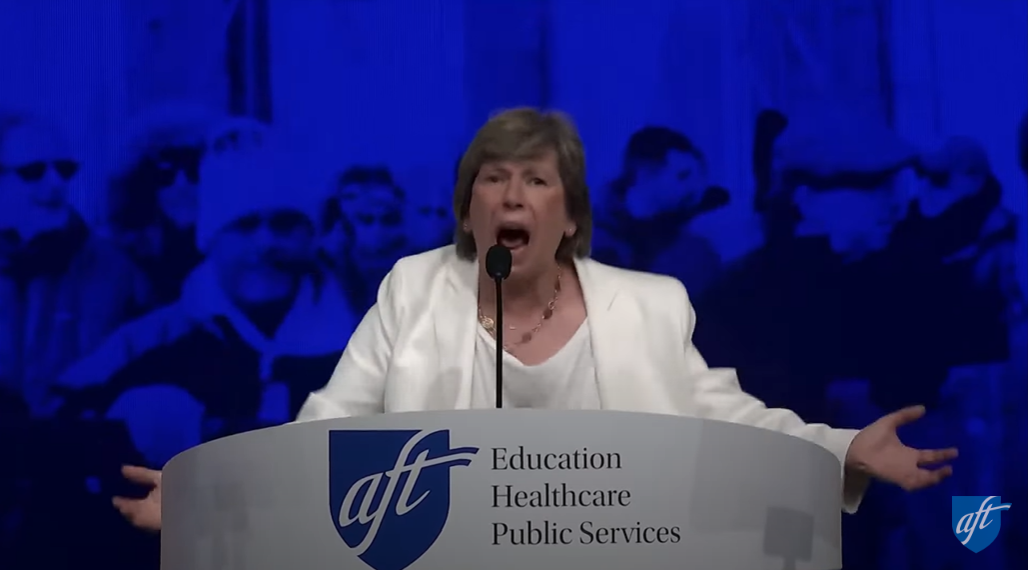Long considered an out-of-touch institution, the Recording Academy is expanding country music's boundaries while Music Row appears stuck in its past
When Taylor Swift announced Cowboy Carter as Best Country Album at Sunday’s Grammys, Beyoncé looked genuinely shocked. The global superstar is no stranger to the Grammy podium — after all, she holds the record for most Grammy wins, with 32 total trophies including this year’s crop — but, from her reaction, it seems she did not expect recognition from the very genre that inspired her ambitious and deeply personal eighth studio album.
And why would she? Despite earning more nominations at this year’s Grammy Awards than any other record, Cowboy Carter was largely ignored by Nashville’s Music Row and excluded from another major awards show, last November’s 58th annual CMA Awards. That omission reignited long-running conversations about country music’s ever-present diversity issues among fans, artists, and journalists, with criticisms also pointing to the show’s overwhelmingly white roster of nominees — Shaboozey, who appears on Cowboy Carter, was just one of two non-white acts to score a nod.
The Recording Academy has also worked through issues of representation in recent years. In 2018, former chairman and CEO Neil Portnow responded to women artists seeking a greater commitment to equity from the organization by saying they “need to step up” if they want their work to be taken seriously. Three years later, pop juggernaut the Weeknd announced he would boycott the Grammys, citing a lack of transparency about voting and inadequate diversity efforts.
The Academy took these critiques seriously. On Sunday, current Recording Academy CEO Harvey Mason Jr. took the stage to address efforts the Academy had made in recent years to improve diversity and representation among voters and recognized artists, using his speech to set up a surprise performance from the Weeknd that was meant to underscore the progress they had already made. And he shared real metrics reflecting that progress.
“We have completely re-made our membership, adding more than 3,000 women voting members,” Mason said. “The Grammy electorate is now younger, nearly 40 percent people of color, and 66 percent of our members are new since we started our transformation. This year, the 13,000 voting members of the Academy nominated their peers and voted for the winners that you’re seeing on this stage tonight.”
Editor’s picks
That transparency sheds light on this year’s crop of nominees and winners, who, particularly in major categories, were largely women, queer people, and people of color. Last year’s ceremony was noted for being similarly dominated by women artists, and while two years does not a trend make, these changes seem to be less of a superficial band-aid and more like a preview of what a truly representative celebration of music could look like.
If a traditionally conservative institution like the Recording Academy can pivot in such a relatively short period of time, what gives with Nashville? After the CMAs weathered backlash for snubbing Cowboy Carter, awards co-host and longtime country star Luke Bryan, talking to Andy Cohen on SiriusXM’s Andy Cohen Live last fall, suggested that Beyoncé herself was responsible for the snub, saying, “If you’re gonna make country albums, come into our world and be country with us a little bit… Come to an award show and high-five us, and have fun and get in the family, too.”
Perhaps the “mind of a country boy” is prone to amnesia, as Beyoncé infamously did come to the CMA Awards in 2016, performing her Lemonade standout “Daddy Lessons” alongside none other than the Chicks. That performance was the kind of cross-genre collaboration the CMAs typically love to manufacture (Post Malone, Teddy Swims, and Noah Kahan all made appearances at November’s ceremony), but it did not land well with country fans — or, at least based on some determinedly unimpressed faces in the CMA crowd, with a certain contingent of artists.
Related Content
That experience was formative for Beyoncé, who, in her announcement of Cowboy Carter, wrote, “This album has been over five years in the making. It was born out of an experience that I had years ago where I did not feel welcomed…and it was very clear that I wasn’t. But, because of that experience, I did a deeper dive into the history of Country music and studied our rich musical archive.”
Her deep dive resulted in a groundbreaking collection of songs rooted in country music past and present. Living legends like Willie Nelson and Dolly Parton appear on the project, cosigning Beyoncé’s belonging in the genre they helped shape. Newer artists, like Brittney Spencer and fellow Grammy nominee Shaboozey, join Beyoncé, too, connecting the dots between country pioneer Linda Martell, who serves as a spiritual guide for the record, and the current generation of Black artists. And pop stars Post Malone and Miley Cyrus, both of whom dip into and out of their country influences at will, round out the roster of guests, offering a winking reminder that Beyoncé is hardly the first pop artist to explore her country roots.
Bryan’s remarks about Cowboy Carter’s CMA snub sparked broader conversations among artists including Kelly Clarkson and Dolly Parton, with the latter telling Variety, “There’s so many wonderful country artists that, I guess, probably the country music field, they probably thought, well, we can’t really leave out some of the ones that spend their whole life doing that.”
Fair enough, but that doesn’t explain Post Malone’s four nominations at the same ceremony, which he notched for his first full-length country album, last year’s F-1 Trillion. That record, which is primarily a collaborative project featuring a bevy of current country stars, was also nominated for the Grammy for Best Country Album, as were LPs from Nashville mainstays Kacey Musgraves, Chris Stapleton, and Lainey Wilson. As a whole, the category did well to capture a fuller portrait of what country music is today, from Wilson’s traditional-leaning sound to Beyoncé’s kaleidoscopic vision. In just the past three years, the Grammys have also nominated albums by Mickey Guyton, Tyler Childers, Sturgill Simpson, Zach Bryan, and even Willie Nelson, all of which failed to receive album recognition at the CMAs.
After a nudge from her daughter, Blue Ivy Carter, a stunned Beyoncé walked on stage to accept her Best Country Album gramophone, saying, “I’d like to thank all of the incredible country artists that accepted this album. We worked so hard on it. I think sometimes genre is a code word to keep us in our place as artists and I just want to encourage people to do what they’re passionate about and to stay persistent.”
It’s great advice for artists, and certainly paid off for Beyoncé, who took home an Album of the Year Grammy for Cowboy Carter a little later that night. But it’s also disappointing that Beyoncé had to share those words in the first place. If one of the most celebrated artists on the planet can’t break through country music’s gatekeeping, what does that mean for the young Black musician hoping to find their place in the genre — or for the queer artist, the Mexican singer-songwriter?
As efforts to silence women and minorities reach a fever pitch in our current politics, platforming diverse perspectives has never been more crucial. The Grammys know this and are acting accordingly. Whether Music Row will catch up is yet to be seen, but perhaps Nashville can take a play from Beyoncé’s book: celebrate your roots, but don’t get stuck in place.

 2 hours ago
1
2 hours ago
1
















.png)

.png)
.png)
.png)













 English (US) ·
English (US) ·  Hindi (IN) ·
Hindi (IN) ·